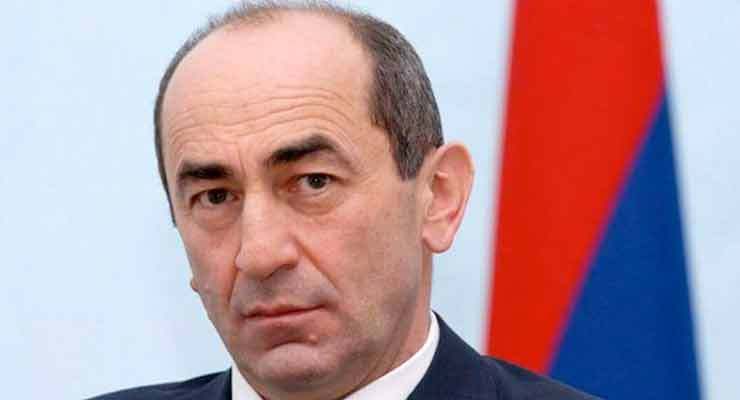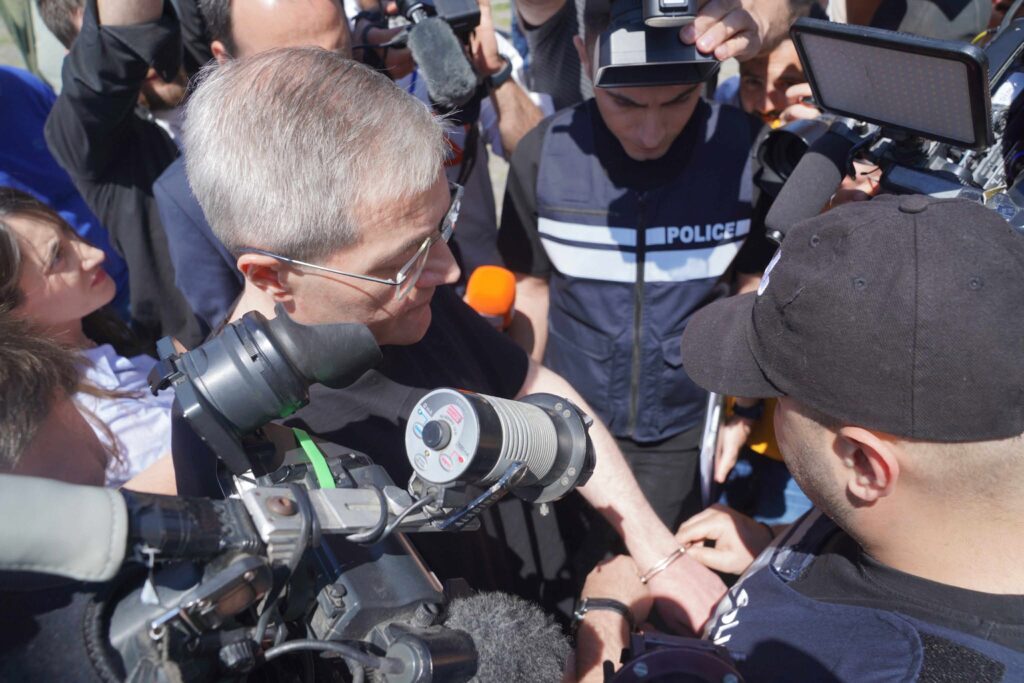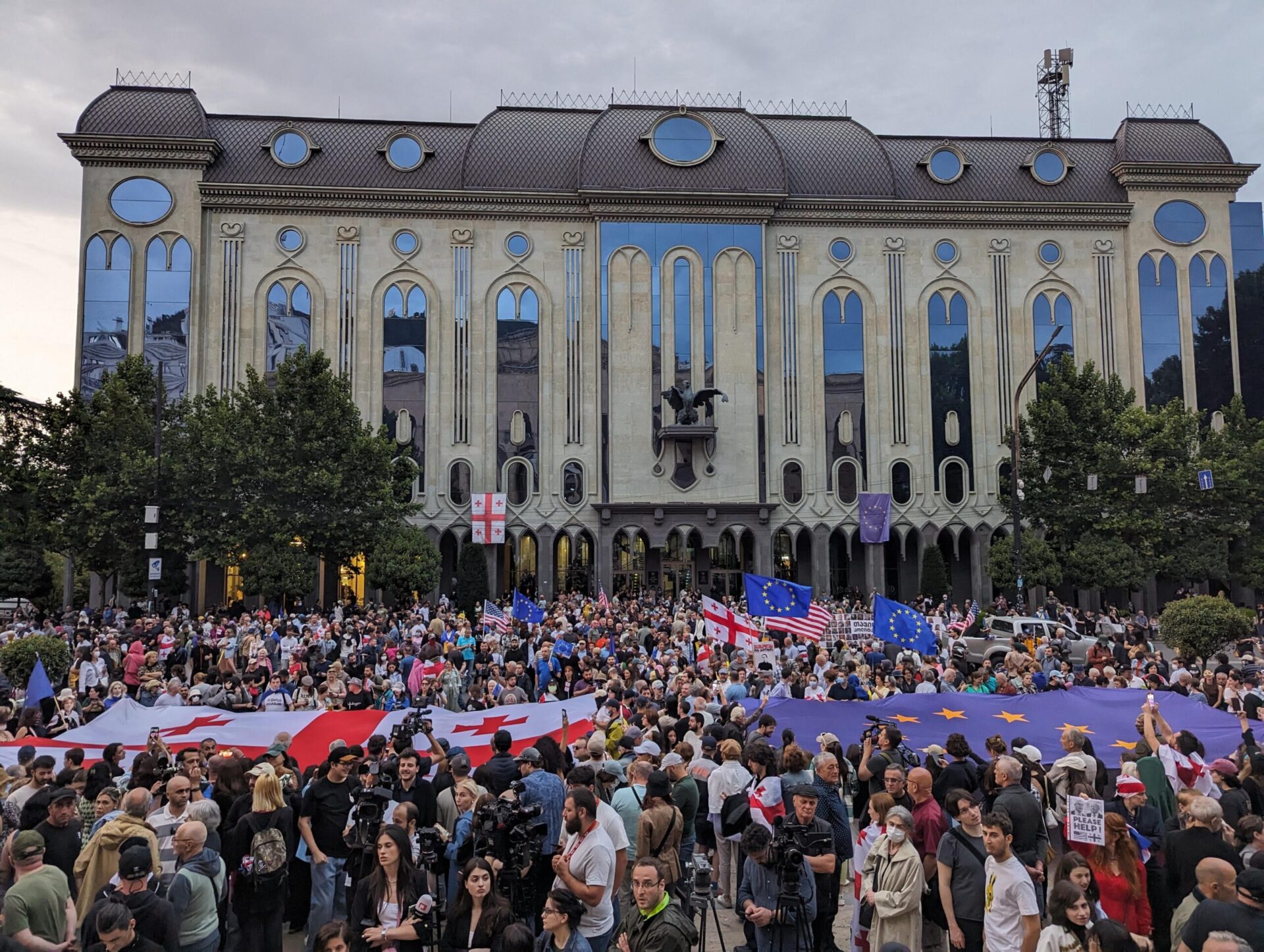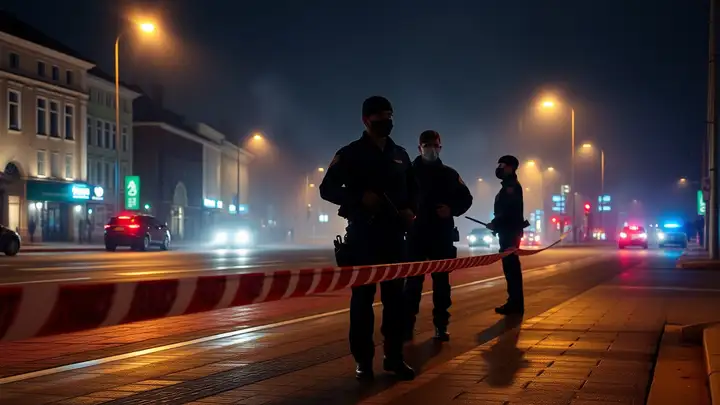
Armenian Investigators Charge Former President, Other Top Officials With Violation of Constitutional Order
Armenian Investigators Charge Former President, Other Top Officials With Violation of Constitutional Order
The Armenian government, formed by Nikol Pashinyan after a civil disobedience campaign forced the resignation of former president and recently appointed prime minister Serzh Sargsyan (see EDM, May 22), continues to pursue policies that will have long-term consequences. The city of Yerevan is now awaiting mayoral elections after the resignation of Taron Margaryan, who was supported by the formerly ruling Republican Party of Armenia (RPA) (Civilnet.am, July 9). Meanwhile, the head of former president Sargsyan’s security detail, Vachagan Kazaryan, who was arrested in June (see EDM, June 25), is out on bail; but it was set unprecedentedly high—at $2 million (Armtimes.com, July 20).
Even more significant was the Special Investigative Service’s (SIS) initiation of a criminal case into the events of March 1, 2008, when police and army units attacked demonstrators after 12 days of mass protests in Yerevan following that year’s contested presidential election. Eight civilians and two police officers were killed, over a hundred people were seriously injured, and 130 activists faced criminal charges. On July 3, the SIS announced that an investigation had been launched in relation with a violation of the Constitution aiming at the overthrow of the constitutional order. Specifically, the SIS has charged the former defense minister, Mikayel Harutyunyan, with issuing an illegal secret order on February 23, 2008, that led to an illegitimate involvement of the military in domestic politics and de facto martial law (Armenpress.am, July 3). Harutyunyan, who has not appeared for an interrogation and is wanted by law enforcement, has been in Russia since March, according to his wife (Armtimes.com, July 11).
Several weeks later, on July 26, the SIS brought charges against former president Robert Kocharyan (in office in 1998–2008), and filed a motion with a court for his pre-trial detention (Hetq.am, July 26). Just before appearing in front of the court, Kocharyan gave an interview to Yerkir Media, a friendly TV station controlled by the political party Armenian Revolutionary Federation (ARF, or Dashnaktsutyun), which had endorsed his presidential campaign in 1998 and 2003. In the interview, the former head of state claimed that the charges against him were politically motivated, insulting for the army and, therefore, dangerous for a country involved in an unresolved conflict (i.e., the war in Karabakh) (Lragir.am, July 26). Kocharyan was taken into custody after a court hearing on July 27 (Panorama.am, July 28). The ARF, which first entered the government under Kocharyan’s presidency, protested his detention and called it “possible political persecution” Lragir.am, July 27). Likewise, the deputy chairman of the RPA, Armen Ashotyan, referred to Kocharyan’s arrest as “political terror” (1in.am, July 27).
Another former official charged was Colonel General Yuri Khachaturov, who was the deputy minister of defense in 2008. He was later appointed head of the Army General Staff, and has served as the secretary general of the Moscow-led Collective Security Treaty Organization (CSTO) since 2017. On July 28, the court released Khachaturov on bail, with a bond set at about $10,400 (RFE/RL, July 29). A spokesperson for the Armenian Ministry of Foreign Affairs said that Armenia would begin the process of removing Khachaturov from his current post (Armenpress.am, July 29). The Russian Ministry of Foreign Affairs confirmed that the alliance’s rules allow Armenia to initiate the recall of its citizen from the post of CSTO secretary general (Mid.ru, July 28).
The criminal charges against Kocharyan and Khachaturov have intensified an external propaganda campaign against the current Armenian government. In mid-July, soon after Prime Minister Pashinyan’s visit to Brussels, the Russian websites Gazeta.ru and Lenta.ru (both part of the Rambler Media Group owned by Vladimir Potanin, who is close to the Russian president) published articles comparing the Armenian leader’s “anti-Russian” policies with those of Ukraine’s President Petro Poroshenko. Armenian investigative journalist Grigor Atanesian noted that the articles followed the same pattern: claiming that “Pashinyan’s cabinet consists almost entirely of Russophobes,” pointing out one minister’s former employment with the Peace Corps which, according to the Russian websites, is “connected with the CIA [Central Intelligence Agency],” and speculating about a deputy minister’s former employment with the Open Society Foundation–Armenia (OSF—which it labeled a “[George] Soros Foundation”) (Medium.com, July 21). The articles were shared on social media networks by a number of pro-RPA users, who criticized several of the newly appointed officials as “too young” and “unprofessional.”
Later, other media outlets began to speculate about the recently appointed officials’ ties with the “Soros Foundation.” The Yerevan-based newspaper Hraparak, quoting its “own sources” (including, apparently, a fake Facebook account called “The Voice of the Mountains,” which has since been deleted), pointed out that a brother of the head of the SIS, Sasun Khachatryan, has been employed by the OSF (Hraparak.am, July 28). Khachatryan’s “connection” with Soros then became the focal point of an article in Life.ru, which speculated that the West was allowing Pashinyan to persecute his political foes (Life.ru, July 30). Another Russian propaganda outlet, EA Daily, brought up First Deputy Prime Minister Ararat Mirzoyan’s former employment with the International Foundation for Electoral Systems (IFES), headquartered in Washington, DC, as well as other officials’ purported ties to the “Soros Foundation” (EA Daily, July 31). It also suggested that the withdrawal of Khachaturov as CSTO secretary general hinted at preparations for freezing Yerevan’s membership in the alliance and the removal of Russia’s 102nd military base, in Gyumri, Armenia (EA Daily, July 31).
While it might seem logical to attribute the pressure campaign to supporters of the deposed Armenian officials, the official Russian position, expressed by Foreign Minister Sergei Lavrov, suggests outside pressure on the Armenian government. Lavrov stated that the “persecution of political predecessors” raises concerns from the point of view of the normal functioning of the CSTO and the Eurasian Economic Union, of which Armenia is also a member (RIA Novosti, July 31).
Criminal cases involving retired officials may result in further tensions, and popular will to protect the results of the revolution remains critical for the current government (see EDM, June 25). Taking that and the likely growth of Russian pressure into account, Pashinyan’s call for his supporters to hold a mass rally on August 17 (his 100th day in office) may be an apt move to reconfirm popular backing for the political course adopted after the “Velvet Revolution.”


